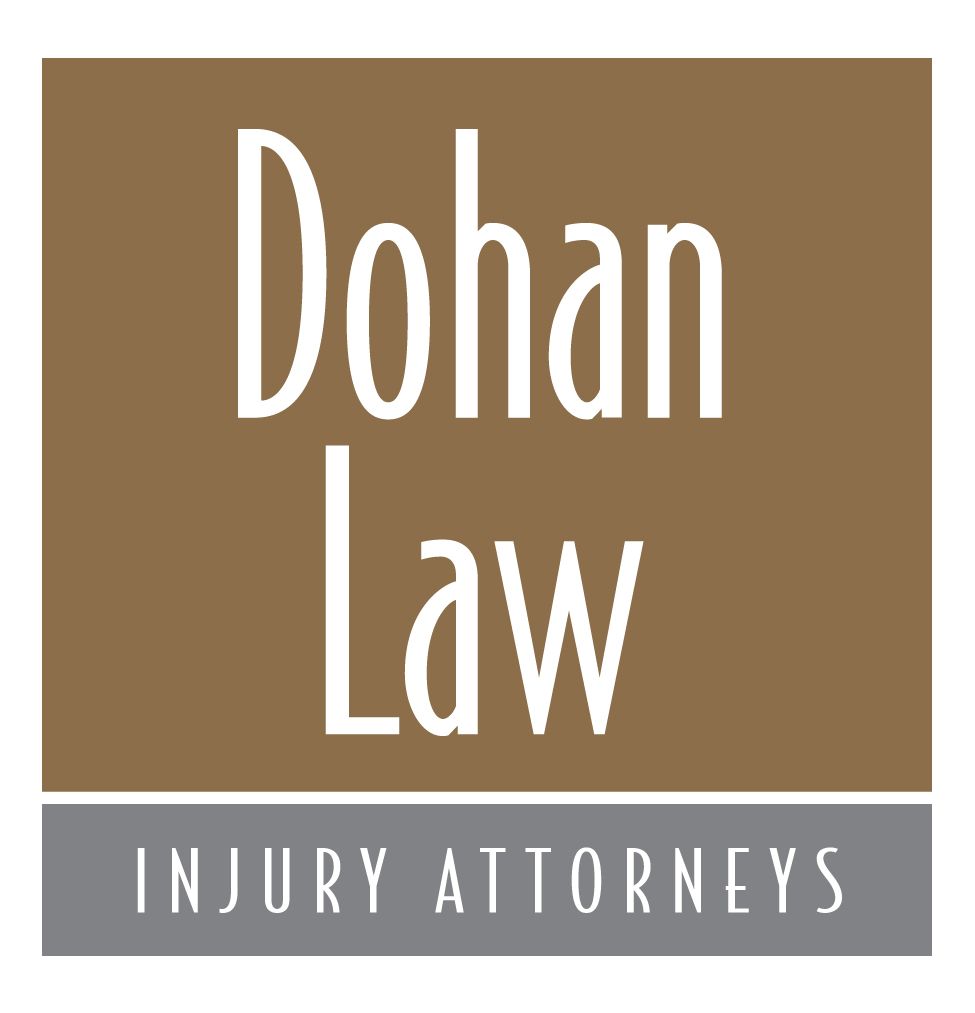Pedestrian Accidents in Florida
Helping Injured Walkers Get Justice
Hit by a Car in Florida?
We Fight for Injured Pedestrians
Florida is one of the most dangerous states in the nation for pedestrians, with thousands of people hurt or killed every year by careless drivers. Whether you were struck in a crosswalk, along a roadside, or in a parking lot, these crashes often result in severe injuries—and insurance companies are quick to shift blame to the pedestrian. Our firm represents victims of pedestrian accidents statewide, fighting to hold negligent drivers accountable. With years of experience and a board-certified trial lawyer on your side, we’ll handle the legal battle while you focus on healing.
Types of Pedestrian Accident Cases We Handle
Protecting Victims in All Scenarios
We advocate for pedestrians hurt in all types of traffic-related incidents, including:
Crosswalk Accidents
Often caused when drivers fail to yield or run red lights at intersections.
Parking Lot Collisions
Cars backing up or speeding in parking lots can seriously injure unsuspecting pedestrians.
Hit-and-Run Crashes
We help injured pedestrians pursue compensation even if the driver fled the scene.
Sidewalk or Roadside Injuries
Pedestrians walking along poorly lit or narrow roadways are at high risk.
School Zone Incidents
Children are especially vulnerable to negligent drivers in designated school zones.
Drunk or Distracted Driver Accidents
Impaired or inattentive drivers often cause life-changing pedestrian injuries.
Pedestrian Accident Claims in Florida
What You Need to Know Now
Pedestrian accident cases in Florida are challenging because drivers and their insurers often try to blame the person on foot. However, Florida law gives pedestrians strong protections in crosswalks and requires drivers to exercise caution near roadways. Acting quickly after a crash is crucial to preserve evidence, obtain witness statements, and document your injuries. With Florida’s reduced statute of limitations, you have less time to file a claim than before.
Two-Year Filing Deadline:
Most pedestrian injury lawsuits in Florida must now be filed within two years of the crash date.
Comparative Fault Rules:
Even if you were partially at fault, you may still recover compensation under Florida’s comparative negligence law.
High-Risk Areas for Pedestrians:
Urban areas, school zones, and poorly lit intersections see higher rates of pedestrian accidents.
Common Pedestrian Accident Questions
We Answer These Every Day
What should I do after being hit by a car?
Call 911 and get medical help immediately, even if you feel okay at first—some injuries take hours or days to appear. If possible, gather contact information from witnesses and take photos of the scene. Avoid discussing fault with the driver or their insurance company. Contact a pedestrian accident lawyer to help preserve evidence and protect your rights from the start.
Can I recover damages if I wasn’t in a crosswalk?
Yes, you may still have a valid claim even if you weren’t in a marked crosswalk. Florida law requires drivers to exercise caution and avoid hitting pedestrians whenever possible. The insurance company may argue you were partially at fault, but we can fight back and work to maximize your recovery.
What types of compensation are available?
You may be entitled to damages for medical expenses, lost wages, future care needs, pain and suffering, and in some cases, punitive damages. The amount depends on the severity of your injuries and the circumstances of the crash. We’ll assess every aspect of your case to pursue the full compensation you deserve.
How long do I have to file a claim?
As of March 2023, Florida law gives you just two years from the date of the accident to file a lawsuit. It’s important to contact a lawyer as soon as possible to avoid missing this deadline and to begin building a strong case.
What if the driver didn’t stop after the crash?
If you were the victim of a hit-and-run, we can help you explore all options for compensation. This may include filing a claim under your own uninsured motorist (UM) coverage or pursuing restitution if the driver is later identified. These cases can be complex, but we know how to handle them.
